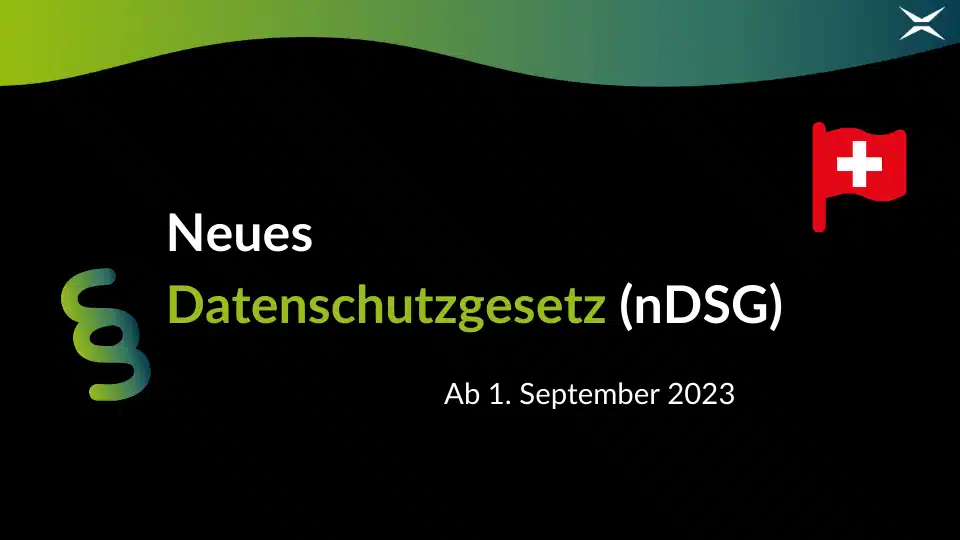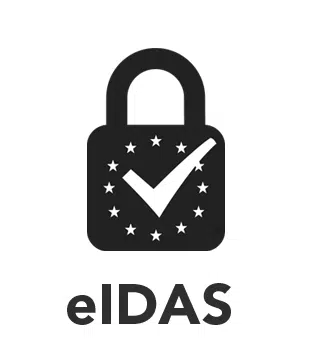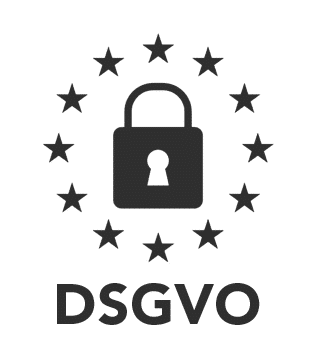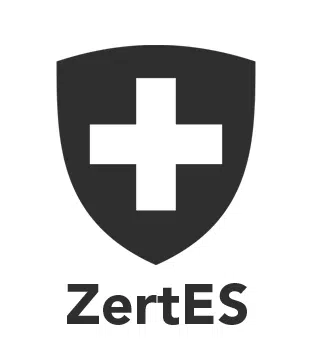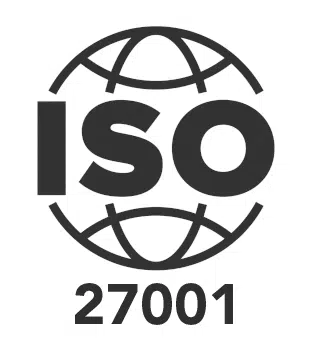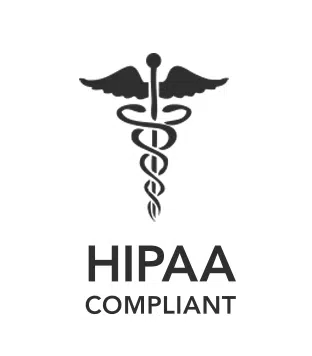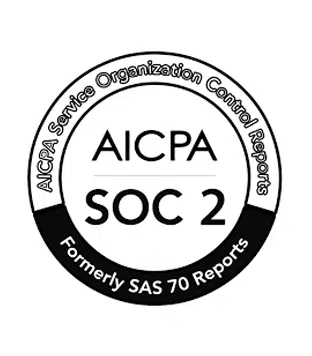For recruitment agencies, the use of qualified electronic signatures (QES) has led to considerable simplifications in contract management. Not only does the time and location-independent digital signature make it easier to meet deadlines, but employees also benefit from the new flexibility offered by electronic signatures on employment contracts: It is no longer necessary to be physically present when the contract is signed.
One of the main reasons why electronic signatures are the perfect tool for recruitment agencies is the written form requirement. If an employee leasing agreement is not concluded in the mandatory written form (Section 12 (1) sentence 1 of the German Temporary Employment Act (Arbeitnehmerüberlassungsgesetz, AÜG)), it is null and void under Section 125 of the German Civil Code (BGB). This also means, of course, that the written form requirement is not met if the contract is based solely on an oral agreement.
But why does the written form play such a central role? There are three main reasons for this:
The written form makes it easier for the licensing authority to monitor and facilitates a review in accordance with Section 7 (2) AÜG.
The recruitment agency is obliged to declare in the temporary employment contract whether it has the necessary temporary employment licence in accordance with Section 1.
Furthermore, the agency is obliged to treat temporary workers equally with regard to the essential working conditions applicable to similar employees working for the hirer.

Discover MOXIS for your company.
Find out more about the leading eSignature platform, enjoy the benefits of legally secure digital signatures, save time and costs.
The written form requirement in turn has consequences for the signature. As a general rule, a handwritten signature is required. Section 126 (3) of the German Civil Code (BGB) explicitly states: “The written form may be replaced by the electronic form unless the law provides otherwise”. At the same time, however, this means that the highest-quality form of signature is always used here: either an employee leasing agreement must be signed by hand or electronically, for example with MOXIS.
If this written form requirement is not met for an employee leasing agreement, the entire agreement is invalid (see above). By implication, this means that the authorisation required from the employment agency has not been obtained. The unauthorised employment of the workers concerned would then merely be fictitious (Section 16 (1) No. 1a AÜG). Fines of up to 30,000 Euros may be imposed. If foreign workers are affected, the penalties catalogue even allows for fines of up to half a million Euros.
Source: https://dejure.org/gesetze/AUEG
Would you also like to organise your company’s signature processes efficiently and without media disruptions, while saving time and money? The MOXIS electronic signature folder is your companion on the way there – numerous well-known customers are already working successfully with the enterprise solution for digital signatures. Request a free, no-obligation live demo with one of our experts now!



